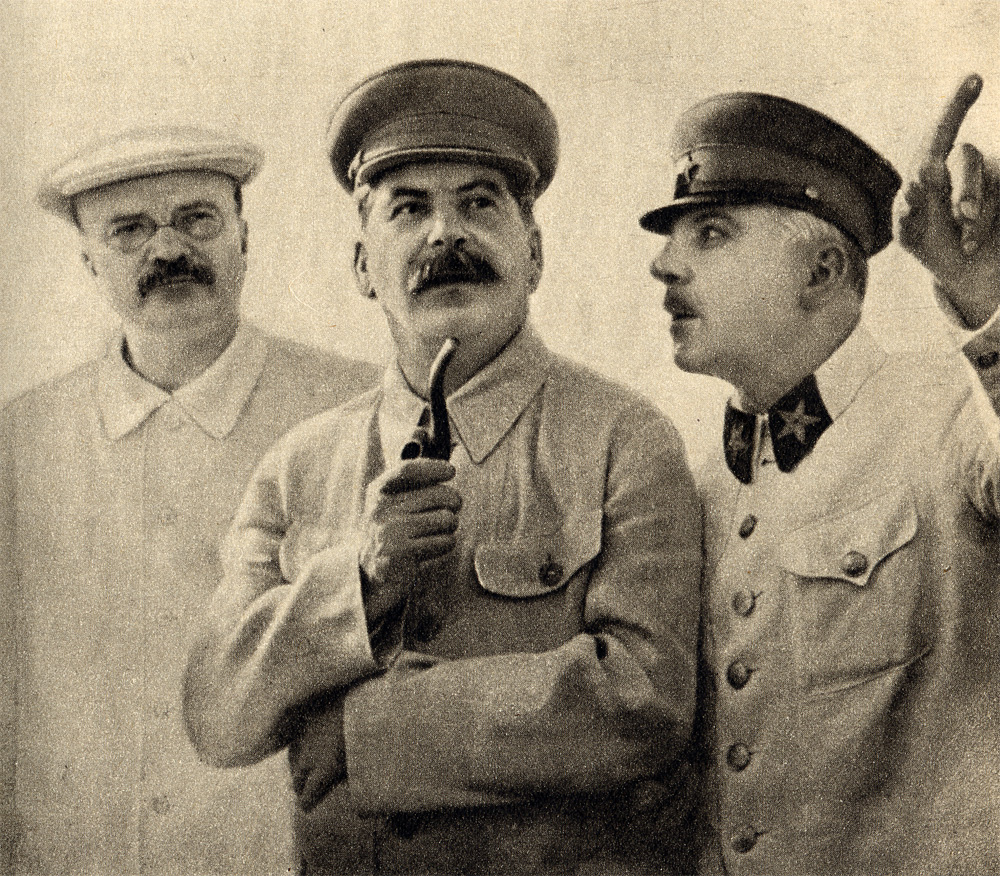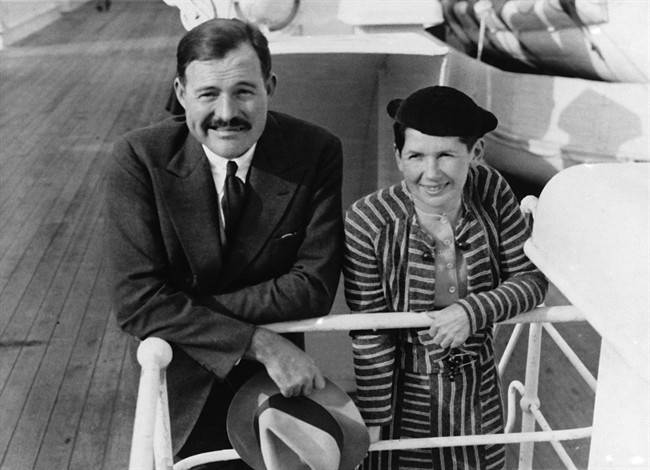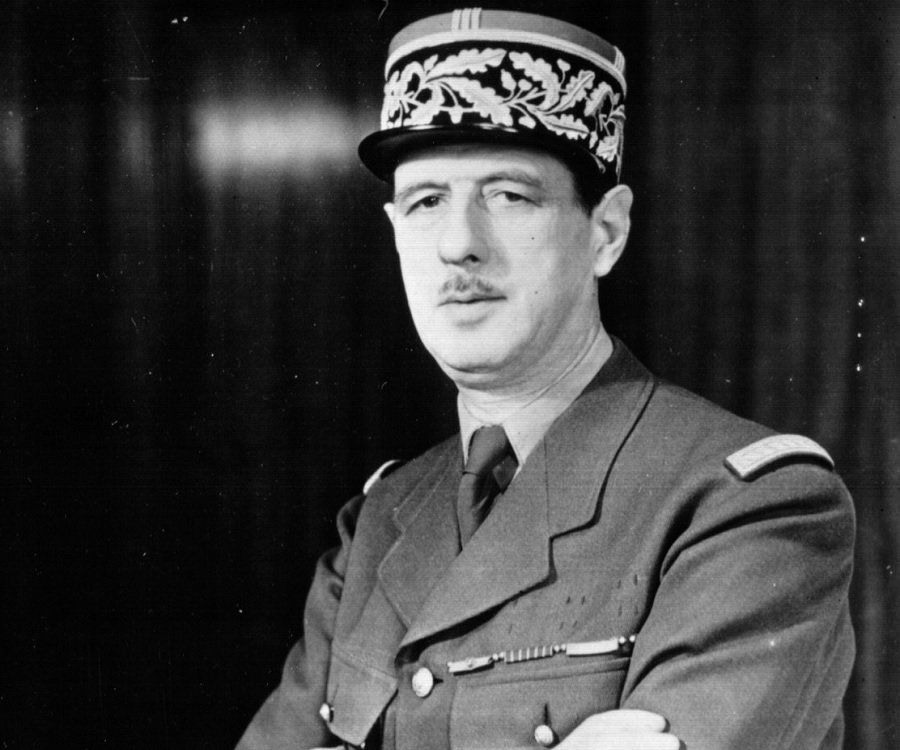Lewis Galantière guided Hemingway through his first years in Paris, when the author was unknown and desperate for recognition. He helped James Joyce and Sylvia Beach launch Ulysses; started John Houseman in his theatrical career, and collaborated with Antoine de Saint-Exupéry in the writing of Wind, Sand and Stars and Flight to Arras. He was a playwright, a literary and cultural critic and an author, Federal Reserve Bank economist throughout the Great Depression, director of the French Branch of the Office of War Information at the onset of World War II, ACLU Director during the McCarthyism-fraught 1950s, Counselor to Radio Free Europe, a member of the Council on Foreign Relations and, at a crucial time in its history, president of PEN America, the writers advocacy organization.
Yet, today, few know his name and, to those who do, he is a cipher...
And that was precisely his intent. The son of Jewish Latvian immigrants at a time of rampant anti-semitism, Lewis spent his first thirteen years in Chicago's tenements and did not complete grade school. Yet, by his early twenties, he had convinced the world that he was the apostate son of French Catholic parents, and had earned degrees from French and German universities.
Galantière, The Lost Generation’s Forgotten Man, is both a historical chronicle providing rare insights into the lives of leading twentieth century figures (with previously unpublished personal correspondence from Hadley Hemingway and Alfred Knopf), and a meticulously researched biography. Galantière presents, for the first time, the seemingly magical story of the self-fabricated and fully-realized man, Lewis Galantière.
Now available as an audiobook at Spotify, Kobo, Apple Books, Google, Barnes & Noble, Everand, Chirp, Storytel, Nook and other audiobook stores except Amazon and Audible
Praise for Galantière
“All Hemingway scholars must know the name Lewis Galantière. But before this book they have known precious little about the man—aptly characterized in this volume’s title as ‘The Lost Generation’s Forgotten Man.’ From the very first days of young Ernest Hemingway’s arrival in Paris to serve his literary apprenticeship and pursue the career that would take him, in a few short years, from an unknown to the pinnacle of literary fame, Galantière was a key figure for Hemingway. Mark Lurie’s impeccably researched and amply documented biography unearths valuable neglected details of the Hemingway-Galantière friendship. Thus this volume belongs on the shelves of all Hemingway scholars, students, and aficionados. And, it must be added, in the hands of all readers concerned with 20th-century American identities and history. For here, we have the facts and the fictions of a remarkable man who must not be ‘forgotten.’ The complete story of Lewis Galantière’s life and work, so admirably and perspicaciously written here, reveals much that has to do with the core of what we must still call ‘the American Dream.’ This valuable portrait of Galantière is a compelling tale, well-told for the first time.”
— H. R. Stoneback, Distinguished Professor of English, The State University of New York; Past President, Ernest Hemingway Foundation & Society; author of Reading Hemingway’s The Sun Also Rises (Kent State UP) and numerous other works on Hemingway and American literature.
“With extraordinary persistence and devotion, Mark Lurie has tracked down the story of his mysterious cousin, the American translator Lewis Galantière. Born in a Chicago tenement to Latvian Jewish immigrant parents, Galantière reinvented himself as a Franco-American man of letters, befriending Hemingway and Joyce in Paris, writing plays and journalism, working for the Federal Reserve Bank and Radio Free Europe. Galantière could have sprung full-grown from a novel by Saul Bellow: a fantastical creature whose most successful fiction was himself.”
— Rosanna Warren, Hanna Holborn Gray Distinguished Service Professor, The Committee on Social Thought, The University of Chicago
“This biography of Lewis Galantière is a valuable addition to the literature on personalities that shaped United States policy during World War II and the Cold War. Drawing on exhaustive archival research, the book examines Galantière’s career as French-language broadcaster on the wartime Voice of America and as author of influential contributions to Foreign Affairs and other policy journals at the outset of the Cold War. It traces in detail Galantière’s service at the Free Europe Committee and Radio Free Europe from 1950 to 1965, where he consistently counseled policies promoting evolution in Eastern Europe and clashed with other FEC officials espousing liberation. The book includes the texts of many key documents in the notes and is an indispensable guide to the history of Radio Free Europe in its early years.”
— A. Ross Johnson, Visiting Scholar, Hoover Institution; Adviser to the Radio Free Europe/Radio Liberty Project, Hoover Archives; former Director, Radio Free Europe



